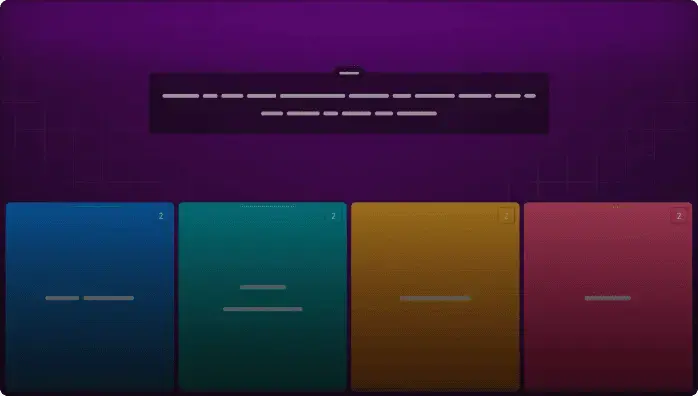
Earth's Movement in Space 2
Assessment
•
Andres Villalon
•
Science
•
7th - 8th Grade
•
64 plays
•
Hard
Student preview

6 questions
Show answers
1.
Multiple Choice
What parts of the Earth generally have the highest temperatures?
More direct sunlight strikes the poles so they receives more energy and experiences higher temperatures than the equator.
More direct sunlight strikes the equator so it receives more energy and experiences higher temperatures than the poles.
More direct sunlight strikes the equator so it receives less energy and experiences lower temperatures than the poles.
More direct sunlight strikes the equator so it receives less energy and experiences colder temperatures than the poles.
2.
Multiple Choice
What causes the pattern of day and night?
Earth's rotation from east to west causes the pattern of day and night.
Earth's revolution from west to east causes the pattern of day and night.
Earth's revolution from east to west causes the pattern of day and night.
Earth's rotation from west to east causes the pattern of day and night.
3.
Multiple Choice
If you traveled to the moon, what would be the effect on your mass and weight?
My mass on the moon would change and would be less. But weight on the moon would be 1/6 of my weight on Earth because the force of gravity on the moon is 1/6 of Earth's gravity.
My mass on the moon would change because my mass on the moon would be 1/6 of my mass on Earth. But my weight on the moon would be the same. because the force of gravity on the moon is the same as Earth's gravity.
My mass on the moon would not change. But my weight on the moon would be 2/6 of my weight on Earth because the force of gravity on the moon is 2/6 of Earth's gravity.
My mass on the moon would not change. But my weight on the moon would be 1/6 of my weight on Earth because the force of gravity on the moon is 1/6 of Earth's gravity.
4.
Multiple Choice
What causes the pattern of the seasons?
Earth's tilt and rotation cause the seasons.
Earth's mass and revolution cause the seasons.
Earth's tilt and revolution cause the seasons.
Earth's tilt and gravitational pull cause the seasons.
5.
Multiple Choice
What are the two ways in which the planet Earth moves?
Earth spins and shakes.
Earth rotates and revolves.
Earth moves up and down.
Earth moves side to side.
Explore all questions with a free account
Find a similar activity
Create activity tailored to your needs using
.svg)

Earth’s Movement in Space
•
8th Grade

Earth's Movement in Space
•
8th Grade

Space!
•
4th - 12th Grade

Earth's Movement in Space Vocabulary
•
8th Grade

Gravity in Space
•
6th - 8th Grade

SCIENCE
•
8th Grade

Seasons and Earth's Movement Quiz
•
8th Grade

Seasons and Earth's Movement Quiz
•
8th Grade